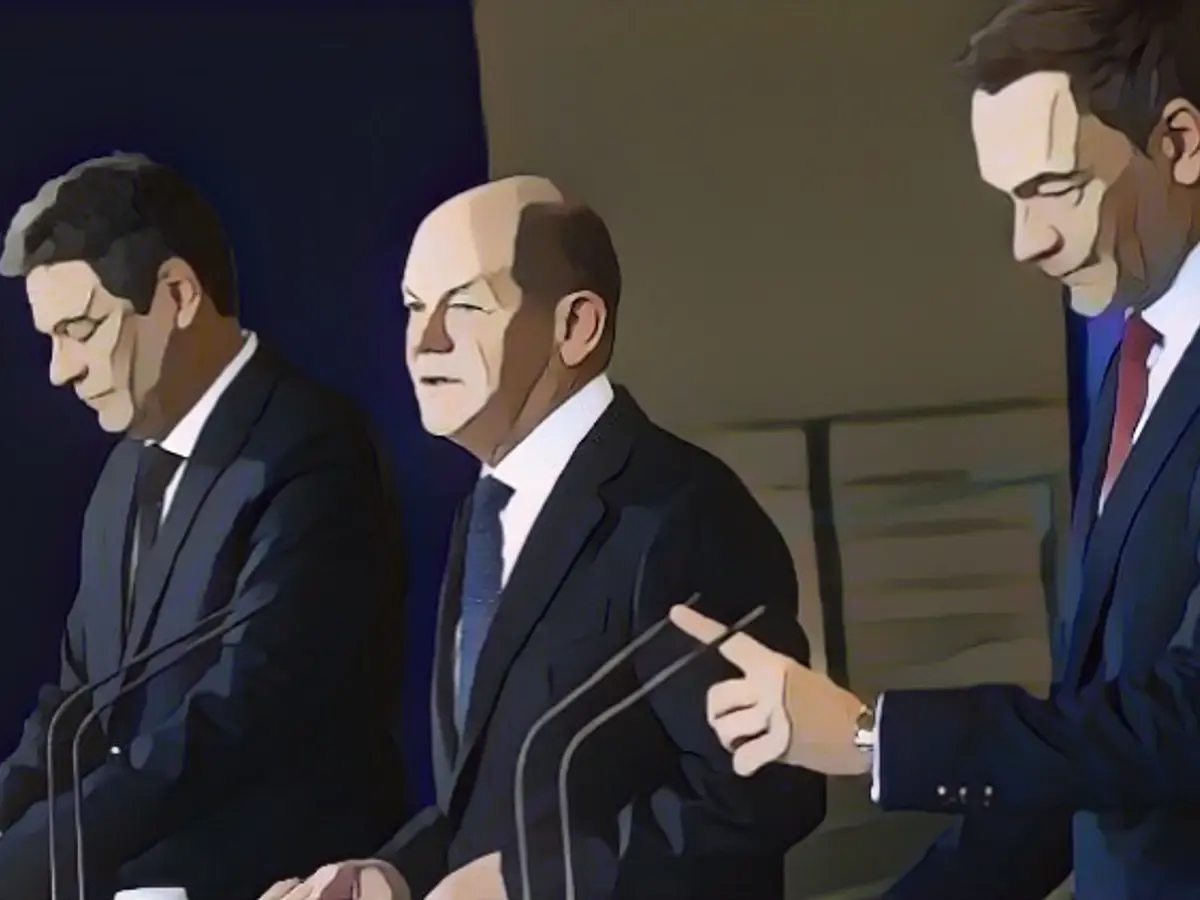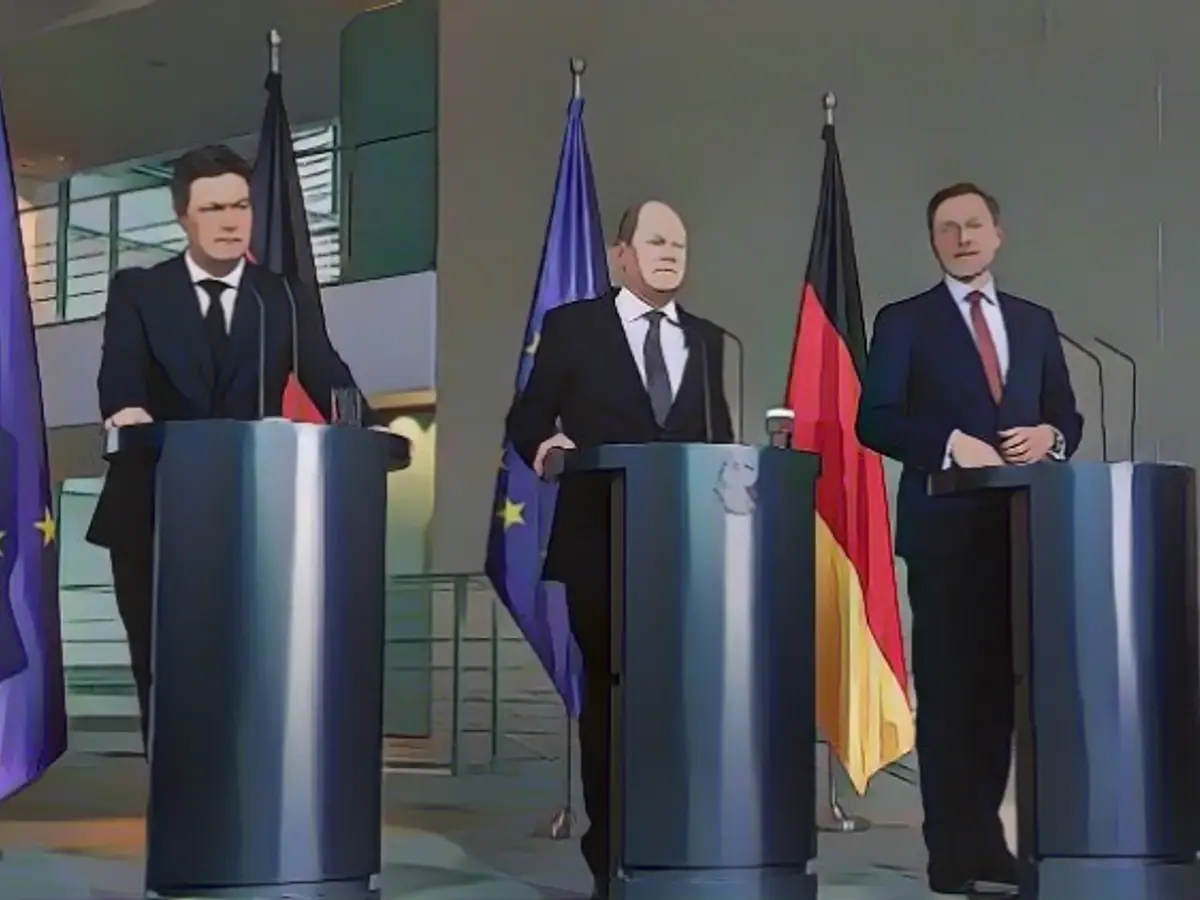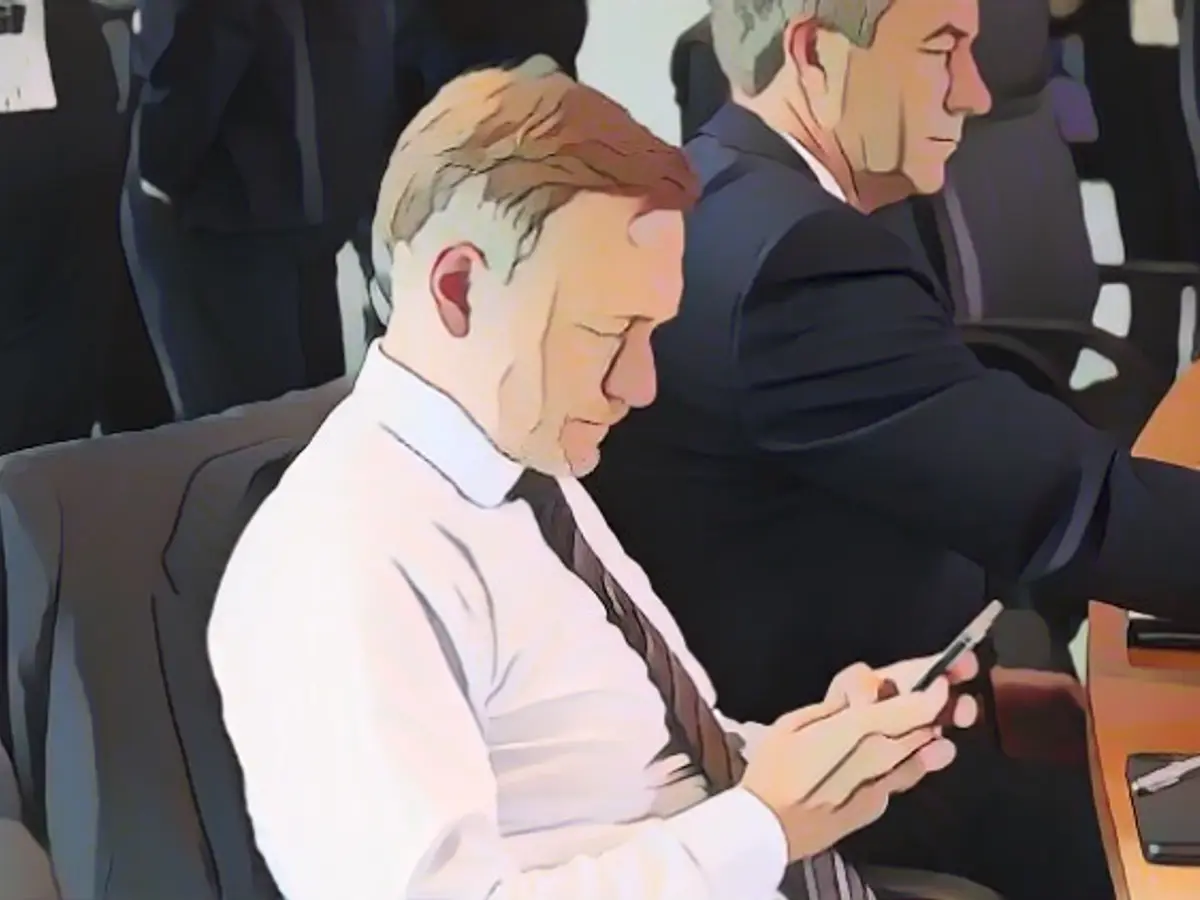Criticizing Billions in Aid for Semiconductors: Lindner's Controversial Viewpoint
In the midst of budget negotiations, Finance Minister Lindner raises eyebrows with his skepticism towards billion-dollar infrastructure investments in the semiconductor and battery sector. Despite the industry's potential to create jobs and boost Germany's competitive edge, Lindner isn't convinced that Germany should promote key industries like semiconductors, batteries, or hydrogen.
Casting Doubt on Subsidies
FDP leader Lindner's approach is at odds with Chancellor Olaf Scholz and Economics Minister Robert Habeck, who advocate for billions in aid for semiconductor factories in Magdeburg and Dresden. When quizzed about his stance on the Intel factory in Magdeburg, Lindner responded with his typical long-term declarations of intent. Amidst these negotiations, Lindner remains adamant that Germany should focus on establishing resilient supply chains, particularly in de-risking the China business.
However, he remains unconcerned about the origin of semiconductors, as long as they derive from diverse sources, striving to avoid overreliance on any single country.
Split Opinions in the Coalition
Saarland's Minister President, Anke Rehlinger, has urged the traffic light coalition to uphold promises concerning subsidies and investment aid for various companies. Rehlinger emphasizes the importance of Germany's reputation for reliability to prevent potential losses in this area.
Meanwhile, some policymakers remain at a loss following lackluster progress in the realm of renewable energy funding, such as green Saar steel, which has yet to secure EU financing.
Facing Germany's Crisis
Lindner maintains that the business climate in Germany has deteriorated significantly, and he seeks budget consolidation and an "economic dynamization package" through non-renewed suspensions of the debt brake and tax hikes.
In the grand scheme of things, Lindner's stance on subsidies raises questions about the government's long-term approach to investing in industries like semiconductors and batteries as critical components of the energy transition.
Insights
During negotiations, Lindner's stance on billions in industry aid for the semiconductor and battery sectors has garnered debate among politicians and industry leaders. Although the financial support for the renewable energy sector and industries like semiconductors is necessary to mitigate risks and promote technological advancements, some remain concerned about potential over-reliance on any single country for critical components.
As the German government seeks to prioritize resilient supply chains and establish robust energy transition plans, it is essential to consider a balanced approach to support vital industries while maintaining a diversified economic landscape.
In the end, the delivery of promised funding and adherence to a cohesive approach will demonstrate the government's commitment to maintaining Germany's competitive edge in the global market.








